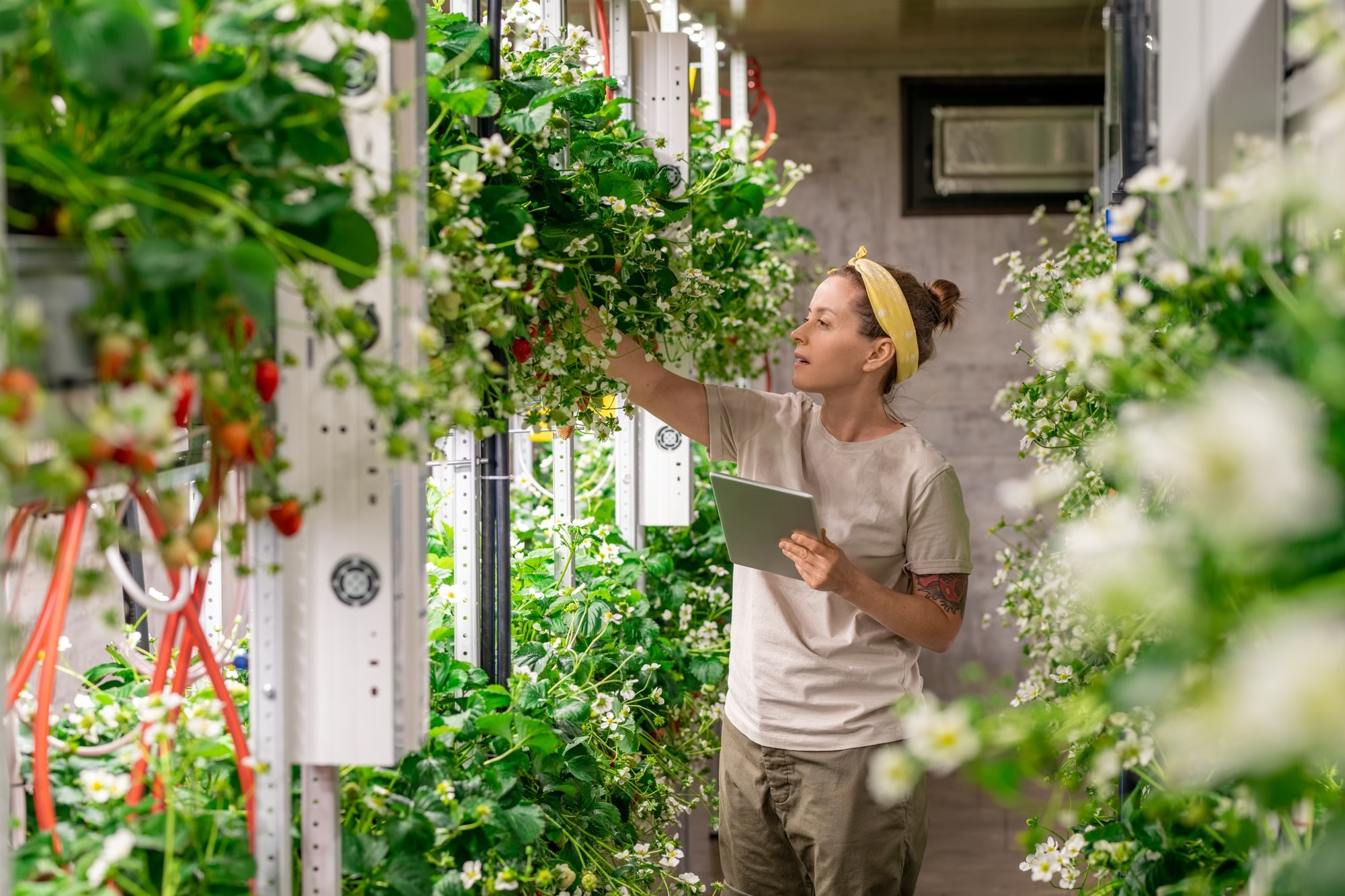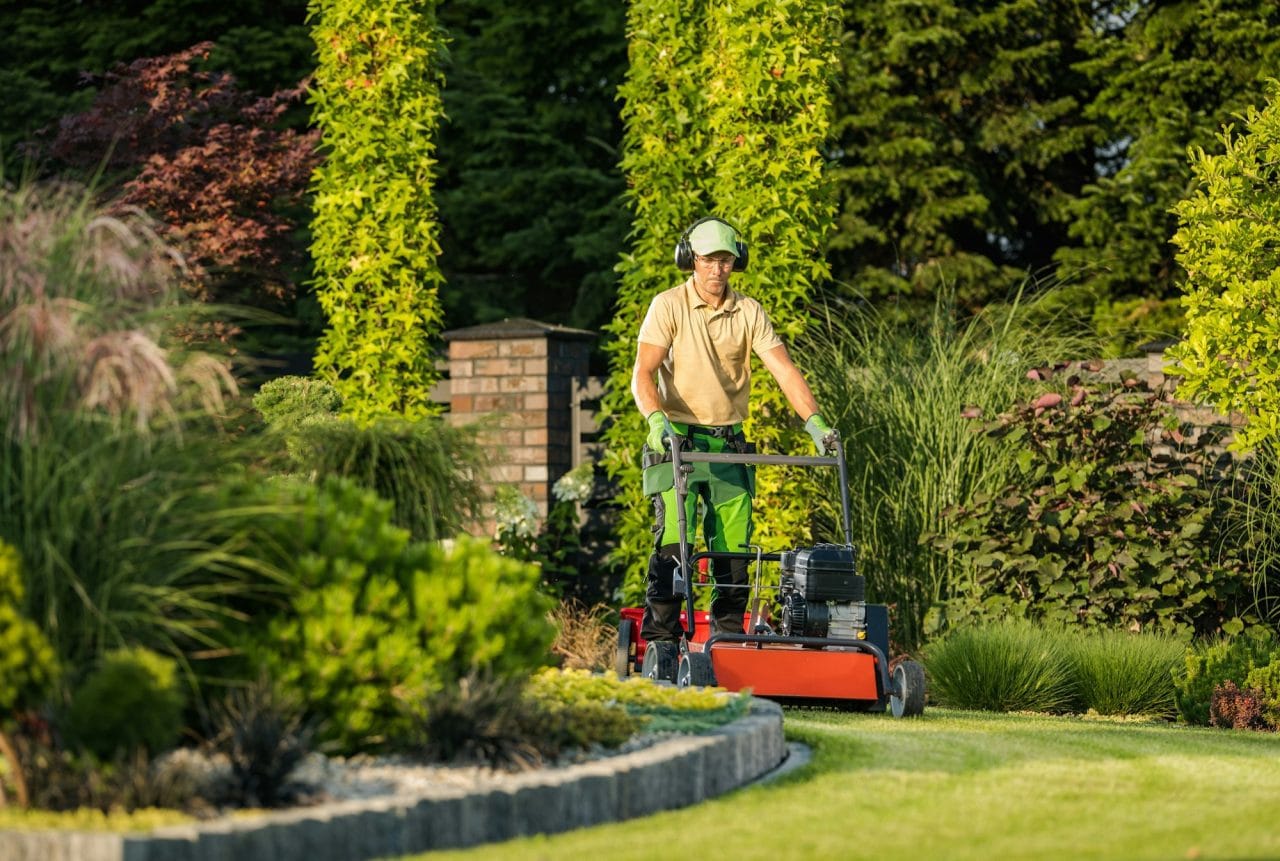This is the belief of Australian Urban Growers. Through our suite of programs, we’re igniting change in food-insecure communities across Australia and the Pacific by co-designing innovative food systems tailored to local needs. Our mission is to empower communities to fight food insecurity, combat climate change, and embrace the future of urban and vertical farming.For a project to truly succeed, it must be deeply rooted in local relevance, offer high-quality education, and produce meaningful outcomes that empower communities. At Australian Urban Growers, we believe that simply teaching someone how to grow a plant isn’t enough. To drive lasting change, we work with communities to understand how to grow the plant, sell it, process it, and ultimately turn it into nourishing food.This approach is especially critical in communities where trauma, past experiences, or a lack of access to fresh ingredients have eroded the knowledge or interest in cooking. By reconnecting people with the food system and integrating skills for cultivation, commerce, and consumption, we aim to restore capability and confidence, ensuring that fresh, sustainable food becomes a cornerstone of daily life.

Our work aims to contribute positively to the United Nations Sustainable Development Goals; especially those related to food security, economic development and global education.
By working closely with local leaders, educators, and residents, we’re building a model for success that can be replicated in other communities across Australia. Food accessibility faces unique challenges across contexts. Urban areas act as “food islands,” relying on distant supply chains that can collapse, as seen with $30 lettuce during disruptions. Rural communities, though surrounded by farmland, often lack affordable fresh produce because local food is sent to central markets and returned at high costs, reducing quality and driving up prices.


Literal food islands, like Palm Island or Pacific Island SIDS, face limited land, extreme weather, and dependence on costly imports, heightening food insecurity, and increasing the risk of NCDs.
Similarly, food deserts—areas without affordable, nutritious options—force reliance on convenience foods, worsening health outcomes. Tackling these interconnected issues is crucial for building sustainable and equitable food systems.
We are also forging connections with Pacific communities, where urban food security is a critical challenge. With limited land and unique geographic constraints, these regions can benefit immensely from our vertical farming expertise. Together, we’re creating sustainable food futures that transcend borders.

By working closely with local leaders, educators, and residents, we’re building a model for success that can be replicated in other communities across Australia. Food accessibility faces unique challenges across contexts. Urban areas act as “food islands,” relying on distant supply chains that can collapse, as seen with $30 lettuce during disruptions. Rural communities, though surrounded by farmland, often lack affordable fresh produce because local food is sent to central markets and returned at high costs, reducing quality and driving up prices.
Literal food islands, like Palm Island or Pacific Island SIDS, face limited land, extreme weather, and dependence on costly imports, heightening food insecurity. Similarly, food deserts—areas without affordable, nutritious options—force reliance on convenience foods, worsening health outcomes. Tackling these interconnected issues is crucial for building sustainable and equitable food systems.
We are also forging connections with Pacific communities, where urban food security is a critical challenge. With limited land and unique geographic constraints, these regions can benefit immensely from our vertical farming expertise. Together, we’re creating sustainable food futures that transcend borders.
Education is at the heart of what we do. That’s why we want to expand our school-based programs to five schools across Southeast Queensland. These initiatives inspire students to explore careers in vertical farming, equipping them with transferable skills and foster a sense of purpose. By localising food systems and using schools as the catalyst, we’re nurturing a new generation of growers ready to lead the charge against food insecurity.
Our partnership with Kelvin Grove State College centers on the Barrambin Farm project, where students engage in curriculum-aligned, STEM-focused education using vertical farming systems. By integrating hands-on learning opportunities, we equip students with skills in sustainability, food security, and innovative agricultural practices, fostering their growth as future leaders in the industry.
Australian Urban Growers partners with QUT to support students through work placements, internships, and capstone projects. By providing real-world experiences in vertical farming and sustainability, we help students apply their academic knowledge, develop professional skills, and gain insights into innovative agricultural technologies.
Our partnership with UQ emphasizes experiential learning opportunities for students interested in agtech, sustainability, and urban farming. Through internships and project-based collaboration, we guide students in tackling real-world challenges, enhancing their employability and contributions to the agriculture sector.
Australian Urban Growers collaborates with Griffith University to offer students hands-on experiences in vertical farming and sustainable development. By integrating internships and capstone projects into their educational journey, we enable students to gain practical skills and knowledge while contributing to impactful community-focused projects.
Our unique approach bridges the gap between education, technology, and community action to accelerate the vertical farming sector and create a collaborative food economy. Addressing the complex challenges of food insecurity requires collaborative relationships between the community, commerce, higher education, and government to ensure inclusive and impactful solutions. While educators appreciate the involvement of universities, our programs also celebrate diverse pathways, valuing everyone—whether they pursue trades, vocations, or academics—as essential contributors to building a strong and equitable society.
When you work with Australian Urban Growers, your investment helps accelerate the vertical and urban farming sectors. As we work with communities and educators to deliver location-appropriate programs, we empower individuals with transferable skills and a deeper understanding of creating food security.
Australian Urban Growers actively addresses several UN Sustainable Development Goals (UNSDGs), including combating climate change, reducing inequality, and promoting health and education through sustainable food systems. By fostering local food production, we help reduce carbon emissions—key as Australian organisations now face Scope 3 emissions reporting obligations.
Our sustainable practices empower communities while supporting businesses to lower their environmental impact. Beyond our own initiatives, we partner with others to help identify, address, and report on UNSDGs within their operations, aligning efforts to build a sustainable, inclusive future. Together, we create measurable progress toward global sustainability and a healthier planet.
By understanding the unique needs of your community, we ensure that our solutions are locally relevant and immediately actionable. Our commitment is to help your community thrive, and here are some of the ways we ensure this:
If we fail to address climate change and food insecurity, the immediate impact will be reduced food availability, as extreme weather events like droughts, floods, and heatwaves disrupt agricultural productivity. This leads to rising food prices and increased economic instability, leaving vulnerable communities unable to afford nutritious food.
Over time, these stresses can cause political unrest, health crises, and weakened local economies, further amplifying inequality. So, the time to act is now! Join us in helping to ensure we avoid these situations.
The Accelerating Urban Farming Roadshow is a new program in which we partner with communities to deliver vertical farms, workshops, conferences, and hands-on training that unite the right people, knowledge, and resources to drive meaningful, lasting change. By growing from day one, we drive community buy-in and demonstrate sector viability.
We are currently seeking partner locations, sponsors, educators and participants, so please get in touch if you are interested in learning more.
Everyone, from community leaders to educators and potential sponsors, has a place for you in the Australian Urban Growers network. Together, we can create sustainable food systems that address today's challenges and prepare for tomorrow's needs.
Contact us today to learn more about the Accelerating Urban Farming Roadshow, explore partnership opportunities, or host a future event in your community.
Want to receive push notifications for all major on-site activities?